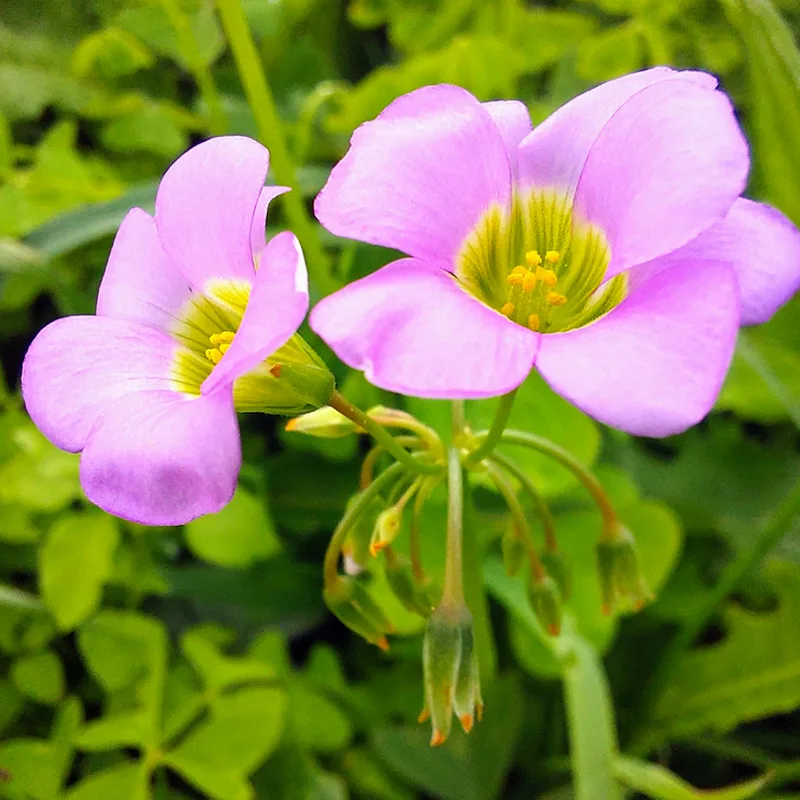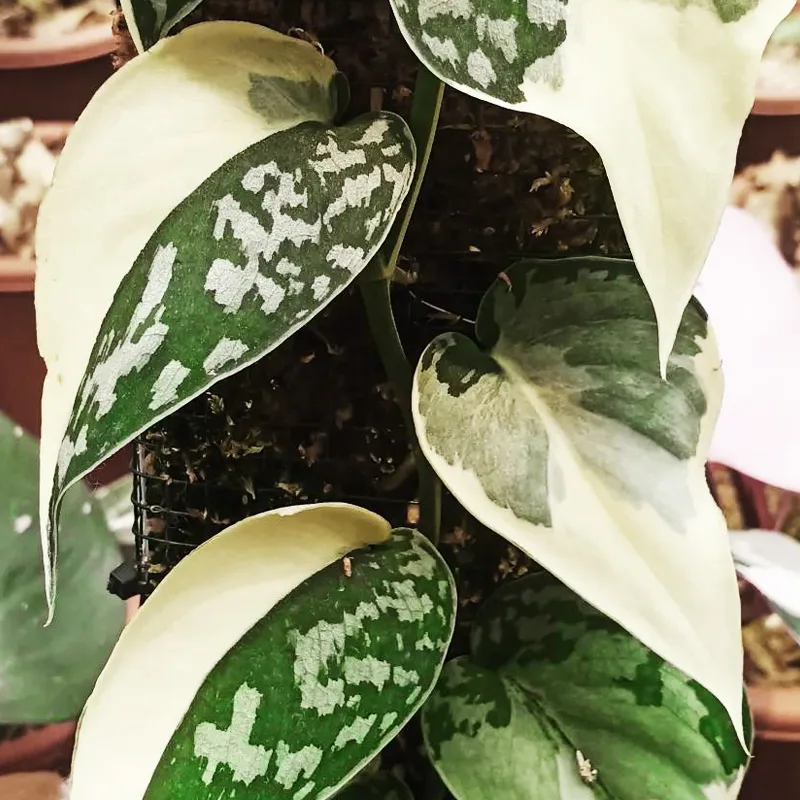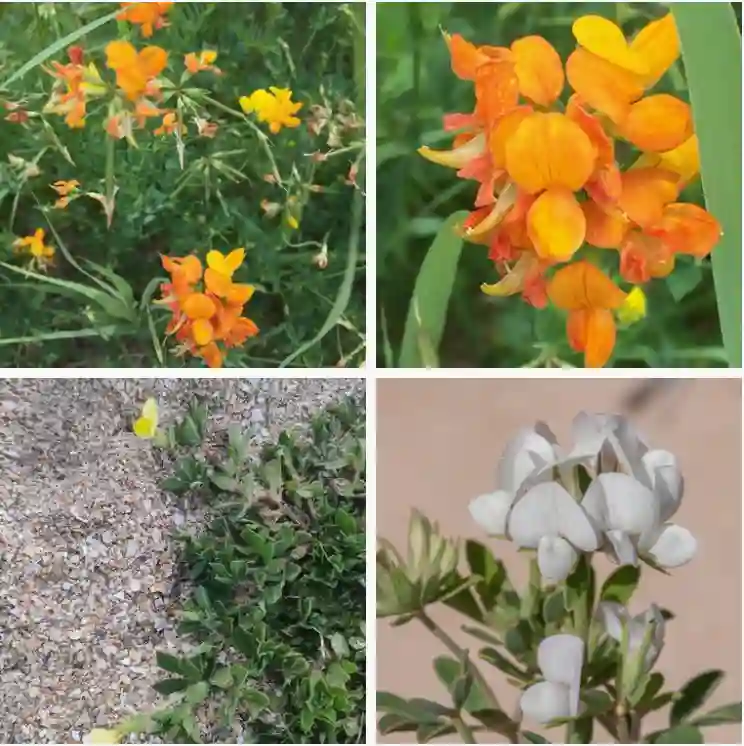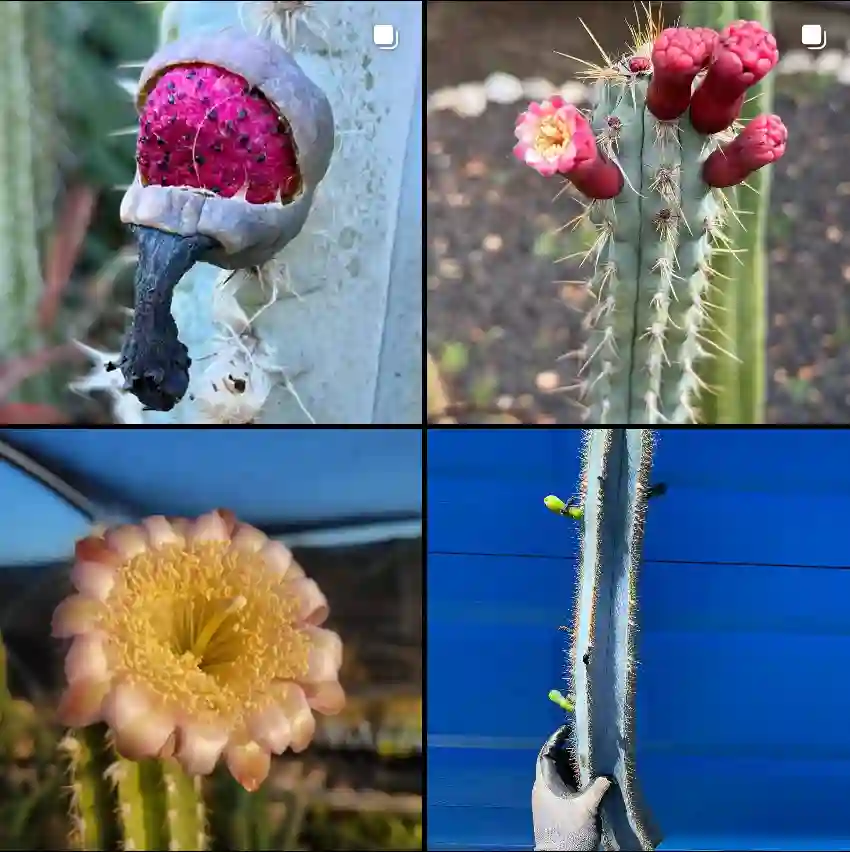Fargesia: My Fascination with the Clumping Bamboo
As a gardener, I’ve always been surrounded by lush greenery. But there’s one plant genus that has captured my attention more than others: Fargesia from Poaceae family. This fascinating group of clumping bamboos, primarily hailing from China, holds a special place in my heart, not just for its beauty but also for its ecological importance and cultural significance.
Why Fargesia?
What sets Fargesia apart from other bamboos is its non-invasive nature. Unlike the running bamboos that can quickly take over a garden, Fargesia species grow in tight clumps, making them ideal for smaller spaces and urban gardens. This characteristic, coupled with their hardiness and adaptability, has made them increasingly popular in landscaping across the globe.
But my interest in Fargesia goes beyond its ornamental value. As someone deeply concerned about environmental conservation, I’m fascinated by the crucial role these bamboos play in their native ecosystems. In the mountainous regions of China, Fargesia species form the staple diet of the iconic giant panda. The survival of these magnificent creatures is intricately linked to the health of Fargesia forests.
A Closer Look at Fargesia Species
The genus Fargesia encompasses a diverse range of species, each with its unique characteristics and charm. Here are:
- Fargesia alatovaginata T.P.Yi & J.Y.Shi
- Fargesia apicirubens Stapleton
- Fargesia brevipes (McClure) T.P.Yi
- Fargesia brevissima T.P.Yi
- Fargesia caduca T.P.Yi
- Fargesia canaliculata T.P.Yi
- Fargesia circinata Hsueh f. & T.P.Yi
- Fargesia concinna T.P.Yi
- Fargesia conferta T.P.Yi
- Fargesia cuspidata (Keng) Z.P.Wang & G.H.Ye
- Fargesia daminiu T.P.Yi & J.Y.Shi
- Fargesia decurvata J.L.Lu
- Fargesia denudata T.P.Yi
- Fargesia dracocephala T.P.Yi
- Fargesia dulcicula T.P.Yi
- Fargesia exposita T.P.Yi
- Fargesia funiushanensis T.P.Yi
- Fargesia gongshanensis T.P.Yi
- Fargesia hackelii Ohrnb.
- Fargesia hainanensis T.P.Yi
- Fargesia jiulongensis T.P.Yi
- Fargesia lincangensis T.P.Yi
- Fargesia longiuscula (Hsueh f. & Y.Y.Dai) Ohrnb.
- Fargesia mali T.P.Yi
- Fargesia melanostachys (Hand.-Mazz.) T.P.Yi
- Fargesia microauriculata M.S.Sun, D.Z.Li & H.Q.Yang
- Fargesia murielae (Gamble) T.P.Yi
- Fargesia nitida (Mitford ex Bean) Keng f. ex T.P.Yi
- Fargesia obliqua T.P.Yi
- Fargesia orbiculata T.P.Yi
- Fargesia pauciflora (Keng) T.P.Yi
- Fargesia plurisetosa T.H.Wen
- Fargesia porphyrea T.P.Yi
- Fargesia purpurea D.Z.Li & X.Y.Ye
- Fargesia qinlingensis T.P.Yi & J.X.Shao
- Fargesia robusta T.P.Yi – Plant FAQs: Fargesia Robusta
- Fargesia rufa T.P.Yi – Plant FAQs: Fargesia Rufa
- Fargesia sapaensis N.H.Xia & You Y.Zhang
- Fargesia scabrida T.P.Yi
- Fargesia semicoriacea T.P.Yi
- Fargesia spathacea Franch.
- Fargesia stenoclada T.P.Yi
- Fargesia tenuilignea T.P.Yi
- Fargesia ungulata T.H.Wen
- Fargesia vicina (Keng) T.P.Yi
- Fargesia weiningensis T.P.Yi & Lin Yang
- Fargesia wuliangshanensis T.P.Yi
- Fargesia yuanjiangensis Hsueh f. & T.P.Yi
- Fargesia yunnanensis Hsueh f. & T.P.Yi
The Cultural Significance of Fargesia
Beyond its ecological and ornamental value, Fargesia also holds cultural significance in many East Asian societies. In China, bamboo is a symbol of resilience, strength, and longevity. It is often depicted in art and literature, representing virtues such as integrity and perseverance.
In Vietnam, bamboo is deeply ingrained in our cultural heritage. It is used in various traditional crafts, from basket weaving to constructing houses and musical instruments. Bamboo also plays a significant role in our cuisine, with young shoots being a popular ingredient in many dishes.
My Personal Connection to Fargesia
Growing up in Vietnam, I have fond memories of bamboo groves swaying in the wind, their leaves rustling like whispers in the breeze. These experiences instilled in me a deep appreciation for the beauty and versatility of bamboo.
Now, as a gardener and nature enthusiast, I find myself drawn to Fargesia’s unique combination of elegance, hardiness, and ecological importance. I admire its ability to thrive in diverse conditions, its non-invasive nature, and its contribution to the delicate balance of its native ecosystems.
Looking Ahead
As the world faces increasing environmental challenges, I believe that plants like Fargesia hold the key to creating more sustainable and resilient landscapes. Their adaptability, low maintenance requirements, and ecological benefits make them an ideal choice for gardeners and landscapers seeking to create beautiful and environmentally responsible spaces.
I hope that my passion for Fargesia will inspire others to appreciate the beauty and importance of this remarkable plant genus. By incorporating Fargesia into our gardens and landscapes, we can contribute to the conservation of this valuable resource and create a greener, more sustainable future for generations to come.
If i die, water my plants!



